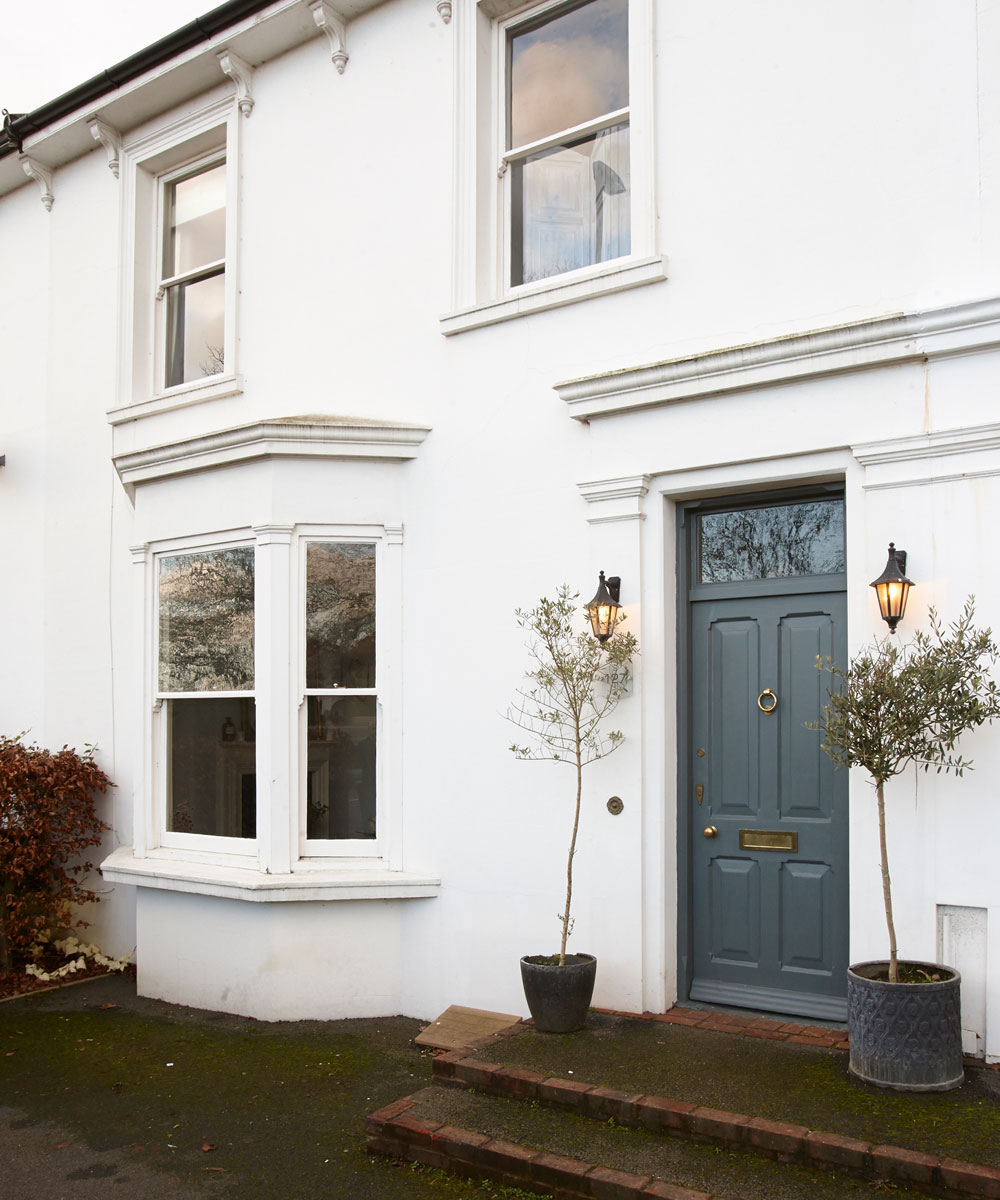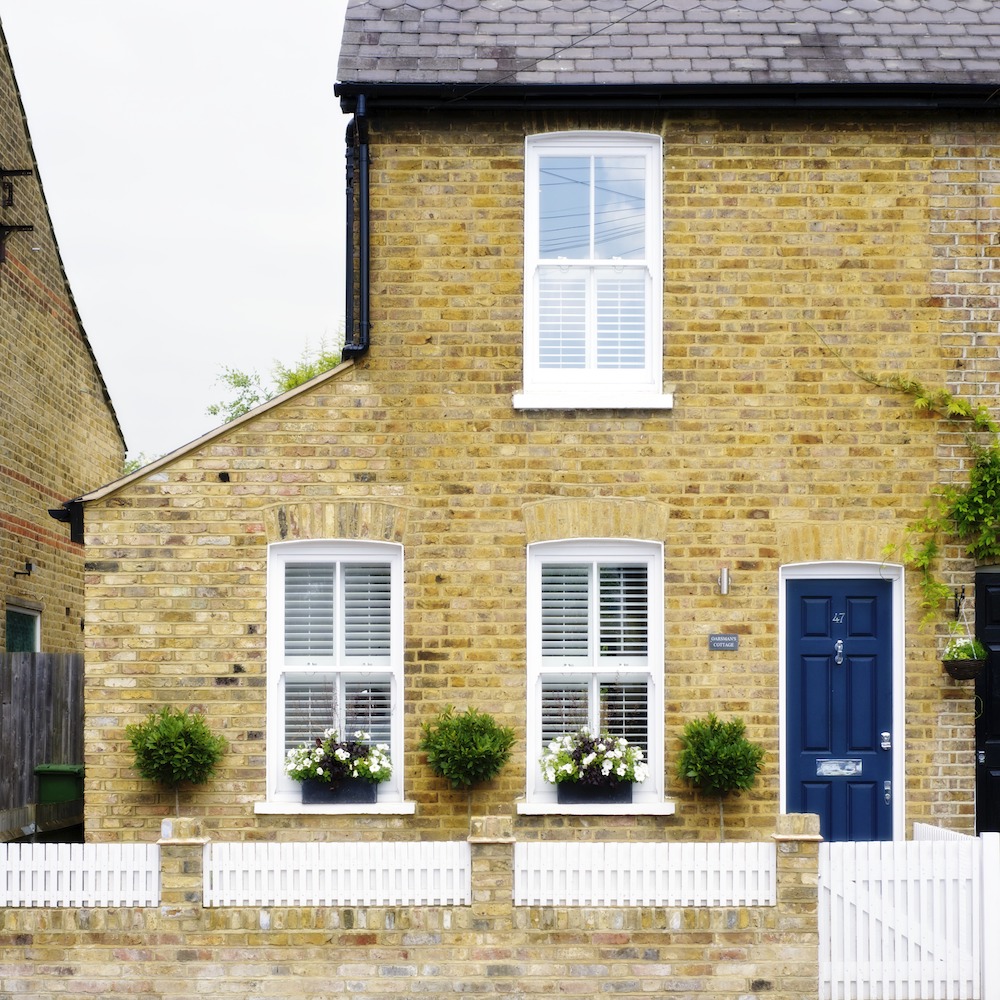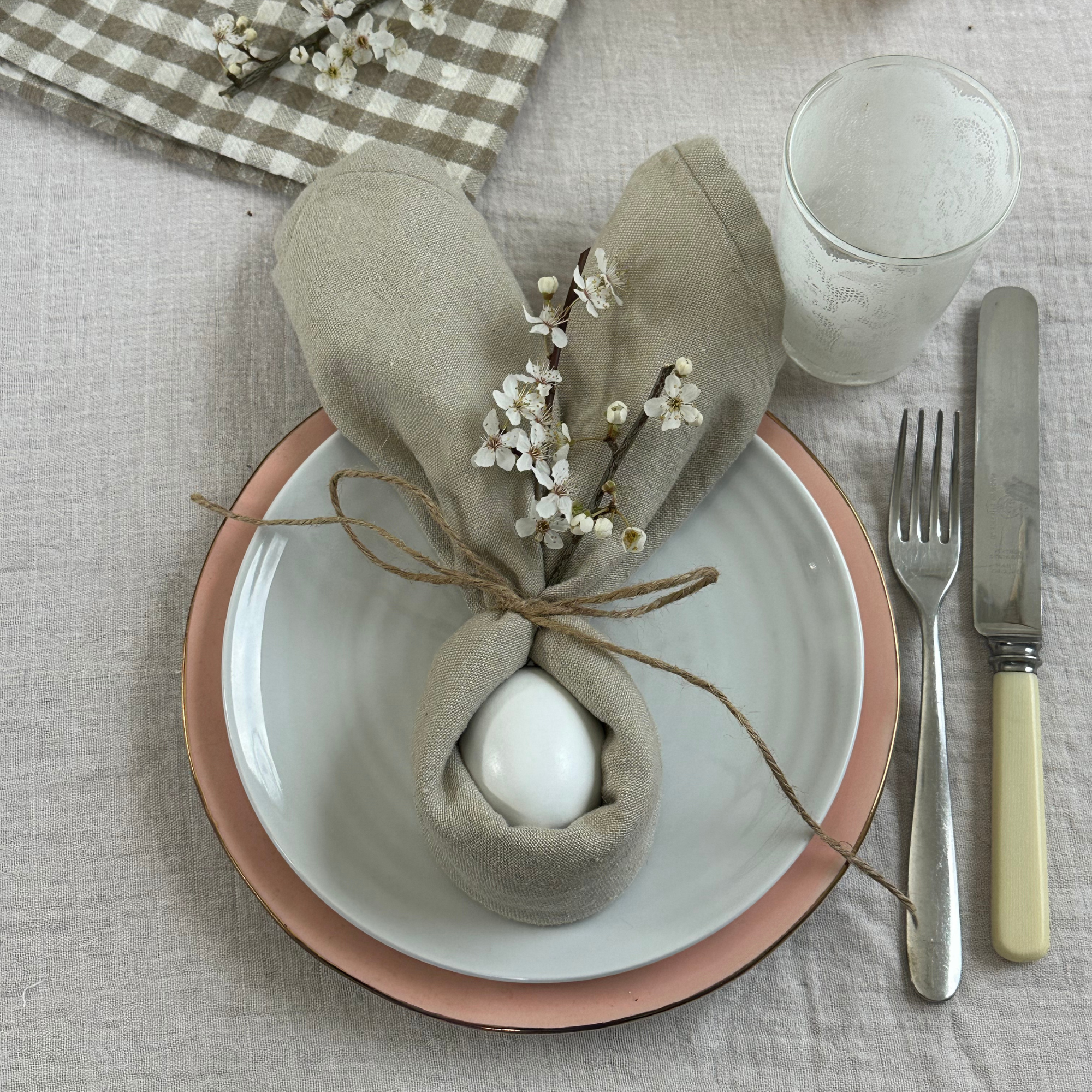What does ‘chain free’ mean when buying a property? Experts explain
Being chain free can significantly speed up buying or selling a property. But what does chain free mean?
You might have heard the term before but what does ‘chain free’ actually mean? The size of a property chain can make a big difference to how long the process of buying a house takes.
A property chain is a series of homes which are all being bought and sold at the same time. For example, if you are buying a new home but have to wait for your own home sale to go through before you can complete your purchase, then you’re in the middle of a property chain.
Property chains can be long if there are several buyers and sellers linked together. If anyone in the chain pulls out of the transaction, the whole chain can collapse, which could mean you are unable to move house as planned.

As a result, being a chain-free buyer can be a powerful selling point, and potentially even land you a better price for your chosen property.
Toto Lambert, partner in Knight Frank’s Chelsea office, explains: 'Being a chain-free buyer means that there are fewer hurdles to jump over when buying a home. The longer a property chain is, the greater the possibility of a transaction falling through, as you are reliant on other people’s property sales and therefore other people’s problems.'
What’s the problem with property chains?
The main issue with property chains is that they’re slow. With numerous buyers and sellers in a chain, things only progress at the speed of the slowest link.
Bill Spreckley of Stacks Property Search says: 'If you find yourself in a chain, you’ve got to work at it. Establish strong relationships with your buyer and your seller, so that information is transmitted quickly and truthfully.'
Get the Ideal Home Newsletter
Sign up to our newsletter for style and decor inspiration, house makeovers, project advice and more.
Another issue with property chains is that they often collapse. This happens when a buyer or seller pulls out of their transaction, breaking the chain.
A property chain collapsing can be both stressful and expensive. You’ll need to pay surveyors and solicitors for any work they have done, even if you don’t end up moving house.
What does chain-free mean when buying a property?
Being chain-free in a property deal means that you aren’t reliant on a separate property deal going through in order to go ahead with your own deal. So if you are a first-time buyer, for example, you are automatically in a chain-free position.
Whether you’re a buyer or a seller, being chain-free is a good situation to be in. If you are a buyer, it will make you a more attractive prospect for sellers. If you are selling a house, it will make your property more tempting to potential buyers.
For sellers, being chain-free could mean you are:
- planning to rent a property to live in
- moving into a property owned by your partner or family
- relocating abroad
- buying a new build
- moving into a care home
- not buying another property straight away
- selling an inherited home
- selling an investment property
For buyers, being chain-free could mean you are:
- a first-time buyer
- a cash buyer
- buying a property but not selling your current home
- a landlord buying an additional property to let out
Paula Higgins, CEO of the HomeOwners Alliance, says: 'There is definitely an advantage to being a chain-free buyer. You can move quickly. The longer the transaction takes, the more likely it is to fail as someone in the chain could have a change in circumstances or a change in heart.'
If you’re selling your property and are chain-free, your estate agent might use the following terms when marketing your property:
- chain-free
- no onward chain
- no upward chain
- no chain
Essentially, they all mean the same thing.

What are the benefits and drawbacks of being chain-free?
The big benefit of being chain-free when buying a house is that the deal should complete more quickly.
If you’re in a chain, even a small hiccup in the buying process can trigger a major domino effect that could scupper your house purchase or sale, as well as other people’s. That isn’t the case when you are chain-free.
Estate agents sometimes refer to chain-free buyers or sellers as ‘proceedable’ – this means they are ready to move.
'Being a chain-free buyer also means that you can often offer a greater level of flexibility if required, for example timescales to exchange and completion,' says Toto.
'Flexibility can help in the initial negotiations with a seller and may put you in a favourable position, particularly if there are multiple parties interested in the home you want to buy.'
The main downside is that becoming chain free is not necessarily an option for many would-be buyers. For example, you may have no option but to wait for the sale of your home to complete before going ahead with your own purchase.
How long does a chain-free house sale take to complete?
In an ideal world for a super-quick transaction, a chain-free buyer would buy from a chain-free seller. For example, a first-time buyer might buy from someone selling up to move in with their partner.
In this situation, you could complete the deal in as little as a few weeks, though six to eight weeks is more typical.
In contrast, if you’re in a long chain, the process can take several months. It will be even longer if someone in the chain pulls out and a replacement needs to be found.
What steps can I take to become a chain-free buyer or seller?
There are ways to avoid being in a long property chain, or a property chain at all.
These include:
- buying a new build
- moving into rented accommodation as a stopgap before buying another home
- letting out your existing property, instead of selling
- taking out a bridging loan to buy your next property
- buying a home being sold due to probate
- being a cash buyer
'Selling first, renting, then buying as a chain-free cash buyer puts you in a very strong position,' says Bill. 'The rent is an inconvenient cost, but will in most cases pay dividends as part of the value of an offer to a vendor is the chance of a successful sale and completion. A lower chain-free offer may well turn out to be more valuable to the vendor than a higher offer with a lengthy chain.'
A bridging loan is a short-term property loan, which allows you to borrow the money you need to buy your new home, while waiting for some other money – namely the equity from the sale of your current home – to come in. Bridging loans are typically for up to 12 months.
Scott Clay, distribution development manager at specialist lender Together, says: 'If you do go with this option, it may be wise to wait until you've exchanged contracts before you sign on the dotted line for your bridging loan. We say this because if you get gazumped at the last minute, you’ll still have a loan to pay off.'
-
 Crown Paint has launched new wall colours for the first time in three years, and changed how I think about neutral shades
Crown Paint has launched new wall colours for the first time in three years, and changed how I think about neutral shadesIs terracotta the ultimate neutral?
By Rebecca Knight
-
 How to protect seedlings from birds – experts say there's a kind and clever way to stop them pecking
How to protect seedlings from birds – experts say there's a kind and clever way to stop them peckingYes, you can protect seedlings from birds without harming your feathered friends...
By Kayleigh Dray
-
 We tried the viral napkin bunny ears hack – it only takes five minutes and will take your Easter table to the next level
We tried the viral napkin bunny ears hack – it only takes five minutes and will take your Easter table to the next levelThis Easter craft is not only beautiful, but really easy to do
By Kezia Reynolds
-
 You can claim back over £300 a year from HMRC if you work from home - here’s how to check if you’re eligible
You can claim back over £300 a year from HMRC if you work from home - here’s how to check if you’re eligibleWhen it comes to saving, every little helps
By Kezia Reynolds
-
 Experts have revealed the best day to renew your home insurance policy - you’ll want to do it sooner rather than later
Experts have revealed the best day to renew your home insurance policy - you’ll want to do it sooner rather than laterDon't leave this task at the bottom of your to do list
By Kezia Reynolds
-
 Is a variable rate mortgage ever a good idea? Experts weigh in
Is a variable rate mortgage ever a good idea? Experts weigh inOur money expert explains what a variable rate mortgage is, who they can be good for, and the pros and cons of this kind of mortgage
By Samantha Partington
-
 I’m a first-time buyer, what are my chances of getting a mortgage right now?
I’m a first-time buyer, what are my chances of getting a mortgage right now?And what you can do to increase your odds
By Rachel Wait
-
 Should you ever pay above the asking price for a home?
Should you ever pay above the asking price for a home?Our money expert explains whether you should ever pay over the asking price for a home, especially if house prices fall as predicted
By Samantha Partington
-
 Should I fix my mortgage and how long should I fix for?
Should I fix my mortgage and how long should I fix for?We speak to the experts to find out whether you should fix your mortgage and how long for as well as the impact further interest changes could have on your decision
By Samantha Partington
-
 We put your mortgage questions to two leading experts, here's what they said
We put your mortgage questions to two leading experts, here's what they saidAs mortgage panic continues, we've answered the most common questions - from when mortgage rates will come down, to when you actually have to pay stamp duty
By Samantha Partington
-
 'My mortgage is set to skyrocket - what should I do?' 5 potential solutions from a money expert
'My mortgage is set to skyrocket - what should I do?' 5 potential solutions from a money expertIf you're facing higher mortgage costs, our money expert explains various courses of action you could take to ease the pressure
By Samantha Partington